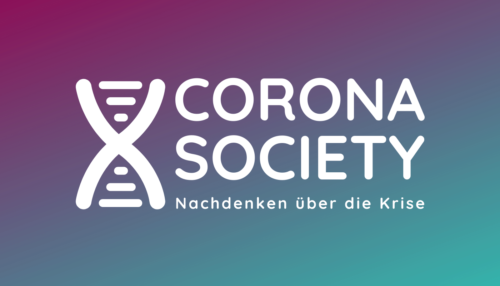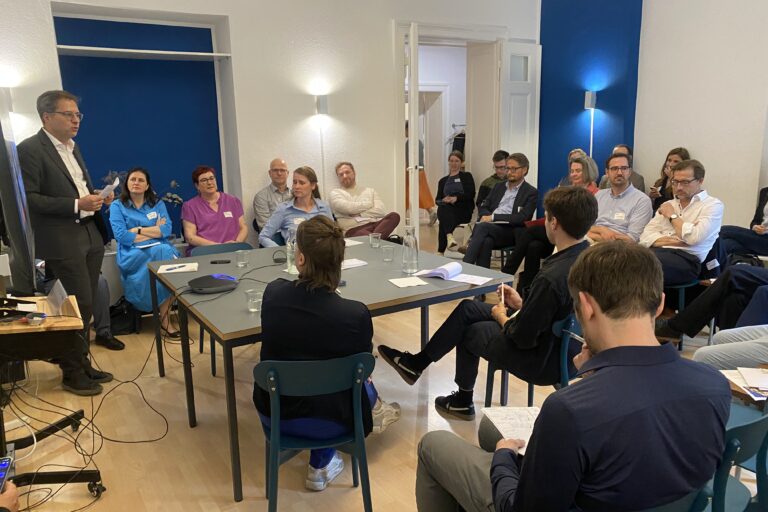COVID-19 has visibly affected the Polish economy and public health, just like it was the case elsewhere. Nevertheless, the societal and political consequences of the sudden pandemic are more severe.
The outbreak of the coronavirus pandemic caught Poland in a politically loaded moment. Only in October 2019, the governing Law and Justice party confirmed its ongoing advantage over the opposition in the parliamentary election. Nevertheless, the dynamics inside the governing United Right coalition changed, leaving the party of Jarosław Kaczyński more dependent on its two junior coalition partners who granted it a majority in the Sejm. In 2020, another political race was scheduled: the presidential election for which the campaign had already kicked off in February. The incumbent Andrzej Duda could not feel too confident, challenged by old and new opponents.
The sudden emergence of the coronavirus shook the country, exposing the vulnerability of its leadership.
Besides the political struggle of national-conservative government versus the more liberal and pro-European opposition, Polish economy was still on the rise earlier this year and the population was enjoying the mid-term effects of the generous social policy programmes introduced in recent years. The sudden emergence of the coronavirus shook the country, exposing the vulnerability of its leadership.

Der Blog
Corona & Society: Nachdenken über die Krise
Was können Gesellschaft und Politik programmatisch-konzeptionell aus der Krise lernen?
Despite its chronic underfunding, the Polish healthcare system and health workers handled the growing numbers of infections, at times forced to invest in PPE out of their pocket. Simultaneously, in a rush to meet the demand for medical equipment, the Minister of Health was accused of cronyism and irregularities in public procurement, when he involved his brother and an entrepreneur dealing with illegal arms trading in the past.
Meanwhile, the government decided to draft the anti-crisis shield act. Next to measures aimed at cushioning the approaching economic crisis, it also attempted to slip measures not related to the pandemic and serving other political purposes, such as enacting an unfoundedly stricter penal code. Unsurprisingly, there were doubts of procedural character if the standards of a proper legislative process were observed when hastily proceeding the consecutive editions of the anti-crisis shield.
The presidential elections during the pandemic were labelled as „not fair“ by watchdog organizations
Nevertheless, most controversies arose around conducting the presidential election at the peak of the pandemic. The first unsuccessful attempt to organize an exclusive postal vote on May 10 has so far cost taxpayers about 70 million PLN (€15,5 million). The second ballot could finally take place in summer but the campaign was labelled not fair by watchdog organizations, accusing the incumbent president of embarking on hate rhetoric, exercising the unfair advantage of his office and, most importantly, utilizing the public media for biased and imbalanced reporting.
The vote itself did also not go all smoothly, especially for voters abroad who reported cases of postal ballots being lost or delivered too late. As a result, the Supreme Court received almost 6000 electoral protests, of which some were considered legitimate, yet insignificant for the outcome of the election. In the end, after a brutal campaign in extreme circumstances, Andrzej Duda won the election by less than 500,000 votes and kept the office, petrifying the rule of the United Right in Poland.
Poland remains relatively safe – but tormented and very divided
Six months after the outbreak of COVID-19, Poland remains relatively safe in terms of public health during a pandemic, but is tormented and very divided. The power wrestling within the governing coalition has led the ambitious Minister of Justice to wage a cultural war against liberal western values, most prominently visible in the latest crusade against LGBT rights.
In the background, a battle for animal rights and safe abortion continues and, similar to other countries, a conspiracy anti-COVID movement gains traction.
The turmoil on the streets and the impudence of the junior coalition partners flexing their muscles made the Law and Justice party embark on the reconstruction of government, reducing a few ressorts. The gravity of the situation is best illustrated by Jarosław Kaczynski taking the position of Deputy Prime Minister, an upgrade he was previously refusing, fully satisfied with pulling the strings from the back seat as a regular MP.
To sum up, the outbreak of COVID-19 has visibly affected the Polish economy and public health, just like it was the case elsewhere. Nevertheless, the societal and political consequences of the sudden pandemic are more severe. The turmoil of failed postal elections and the controversies over the final ballot, the power struggle within the coalition as well as the subsequent tightening grip on political power by Jarosław Kaczynski, the polarization of public opinion and ambivalent moods within the Polish society, and finally the fatigue with restrictions and an overwhelming feeling of uncertainty can only possibly portend a stormy 2021 – year two of the pandemic.





